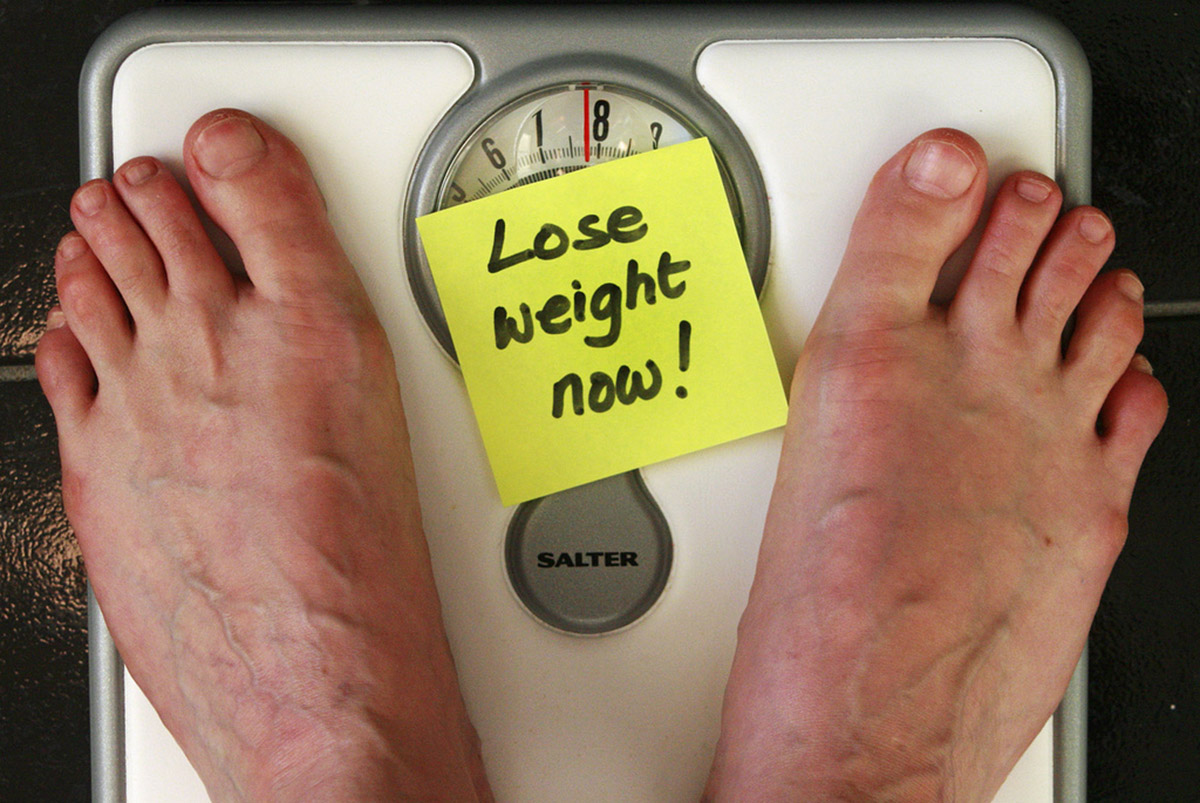Table of Contents
The negative effects become even more pronounced with more significant caloric restrictions. The majority of popular crash diets result in some weight loss caused by the loss of lean muscles rather than the fat. In fact, upon completion of crash diet programs many people have even higher percentage of body fat than before the diet.

Very Low-Calorie Diets
Very low-calorie diets, as the name suggests, are characterized by the consumption of a much reduced amount of daily calories (800 kcal or less). These diets involve ingesting specific, highly regulated, commercial preparations that are nutritionally complete. This means that despite their low calorie count, these liquid meals include the recommended daily quantities of vitamins, minerals, trace elements, fatty acids and protein. Depending on a particular approach, the carbohydrates may or may not be entirely absent.
Understandably, and unlike any usual calorie restriction diets, very low-calorie diets are actually a part of a complex dieting program that also includes close medical monitoring and lifestyle modification. Each person must be closely supervised by a physician, to avoid metabolic issues, namely negative nitrogen balance and electrolyte changes associated with starvation. Furthermore, very-low-calorie diets are restricted to people with a body mass index ≥ 30 kg/m2, with a very high risk of several diseases, and for whom other approaches have failed. In the United States, all candidates for the very-low-calorie dieting are expected to undergo a medical history and physical examination to determine possible medical and behavioral contraindications to this treatment.
The effectiveness of very-low-calorie diets in kick-starting the reduction in one’s body weight is unquestionable. Very-low-calorie diets result in an average weekly weight loss of 1.5–2.5 kg. However, it has been observed that, in the long term, this elevated rate of weight loss is not maintained. Very-low-calorie diets should not be extended beyond 16 weeks. At this point, low-calorie diets should be initiated in order for the patient to transition to a normal eating pattern.
Very-low-calorie diets are associated with a variety of side effects and with numerous complications, such as cholelithiasis (formation of gallstones in the bladder), loss of lean body mass, ketosis and increased serum uric acid concentrations due to the severely negative energy balance.
Overall, very-low-calorie diets present a number of medical risks but offer rapid weight loss. Intensive monitoring is required on the part of the physician, and patients must learn to maintain their weight loss when returning to normal eating patterns.
Although science cannot provide a definite answer on which diet is the best, it is clear that restriction of calories intake (and proper adherence to the diet regime) is the key to the successful weight loss.
See Also: Diet Tips To Help Lower Calorie Intake
All of the most popular types of diet have benefits and disadvantages and it is up to each and every one of us to make informed and conscious decisions about the practices that will impact our bodies’ welfare. The next article will discuss the benefits and disadvantages of some of the most popular types of diets, such as those based on restriction of certain nutrients like fats or carbohydrates.
- TSAI, A. G. & WADDEN, T. A. 2006. The Evolution of Very-Low-Calorie Diets: An Update and Meta-analysis. Obesity, 14, 1283–1293
- SARIS, W. H. M. 2001. Very-Low-Calorie Diets and Sustained Weight Loss. Obesity, 9, 295S–301S
- MALIK, V. S. & HU, F. B. 2007. Popular weight-loss diets: from evidence to practice. Nature Reviews Cardiology, 4, 34-41
- FONTANA, L. & KLEIN, S. 2007. Aging, Adiposity, and Calorie Restriction JAMA, 297, 986-94
- VOLEK, J. S. & WESTMAN, E. C. 2002. Very-low-carbohydrate weight-loss diets revisited. Cleveland Clinic Journal of Medicine, 69, 849, 853, 856-8
- HOOPER, L., ABDELHAMID, A. & MOORE, H. J. 2012. Effect of reducing total fat intake on body weight: systematic review and meta-analysis of randomised controlled trials and cohort studies. BMJ, 345, e7666
- LICHTENSTEIN, A. H. & HORN, L. V. 1998. Very Low Fat Diets. Circulation, 98, 935-939.Photo courtesy of Alan Cleaver by Flickr: www.flickr.com/photos/alancleaver/4222532649
- Photo courtesy of Rachel Zack via Flickr: www.flickr.com/photos/rachelmargaret/2885800615
- Mind map by SteadyHealth.com


Your thoughts on this